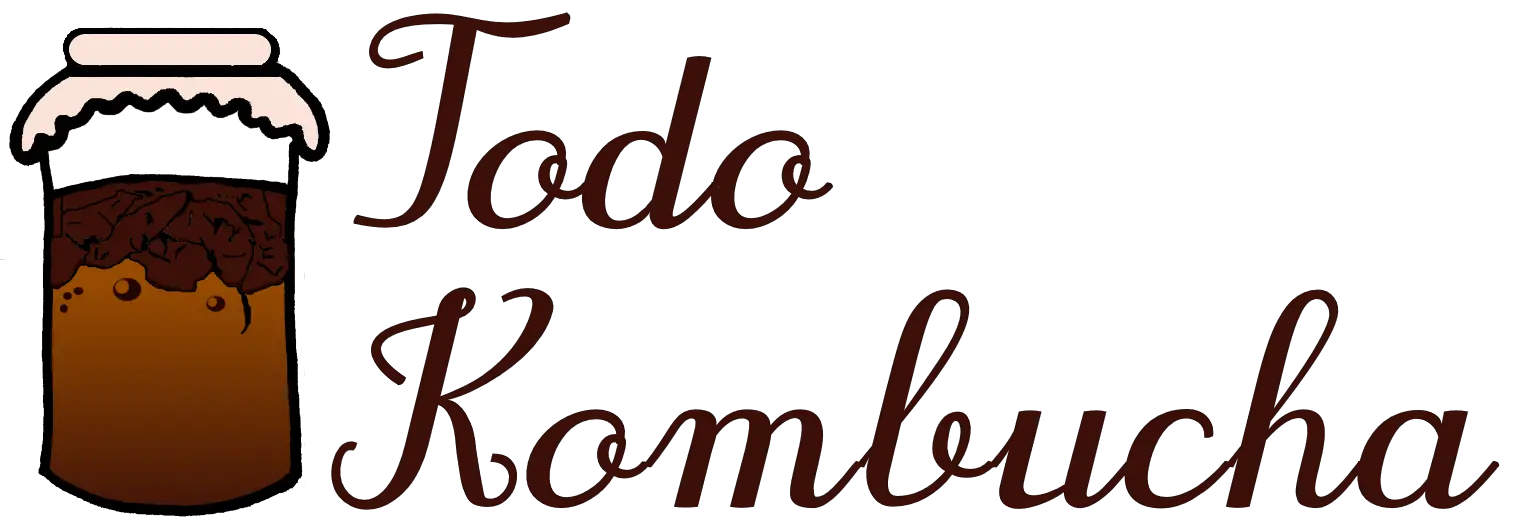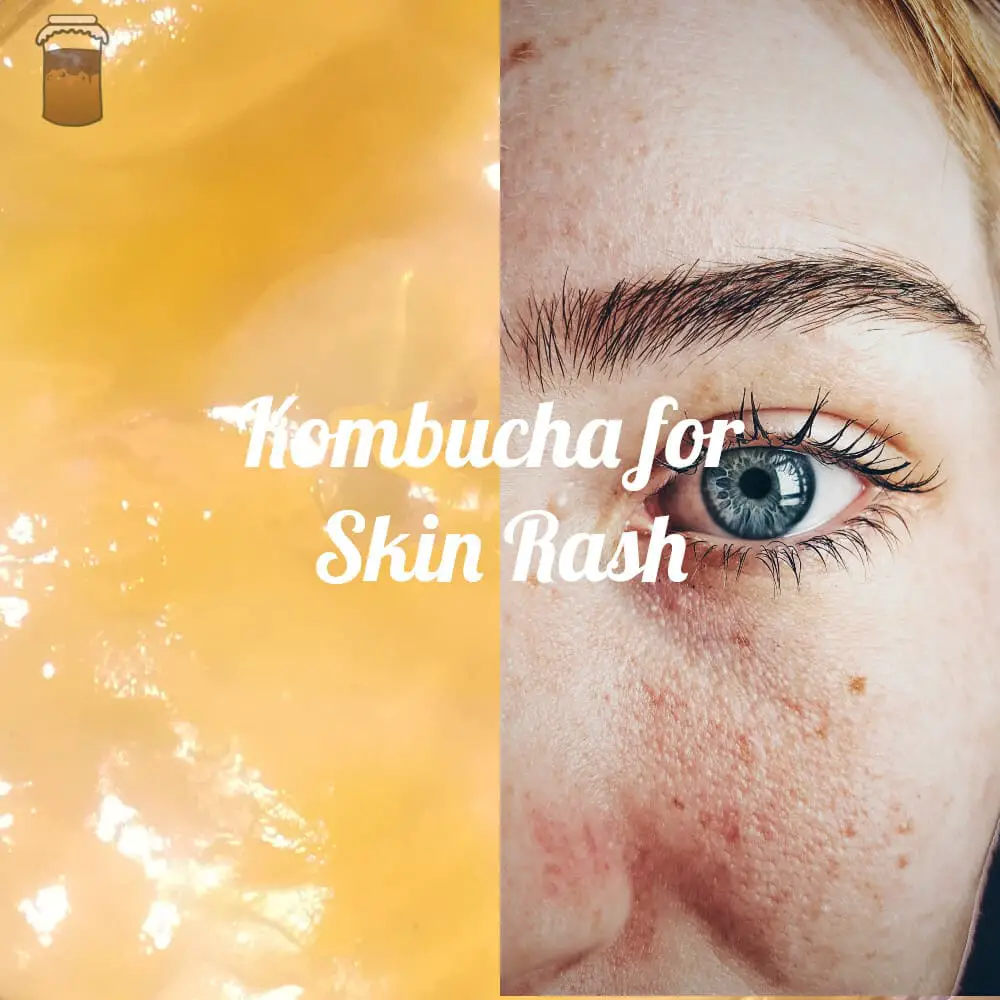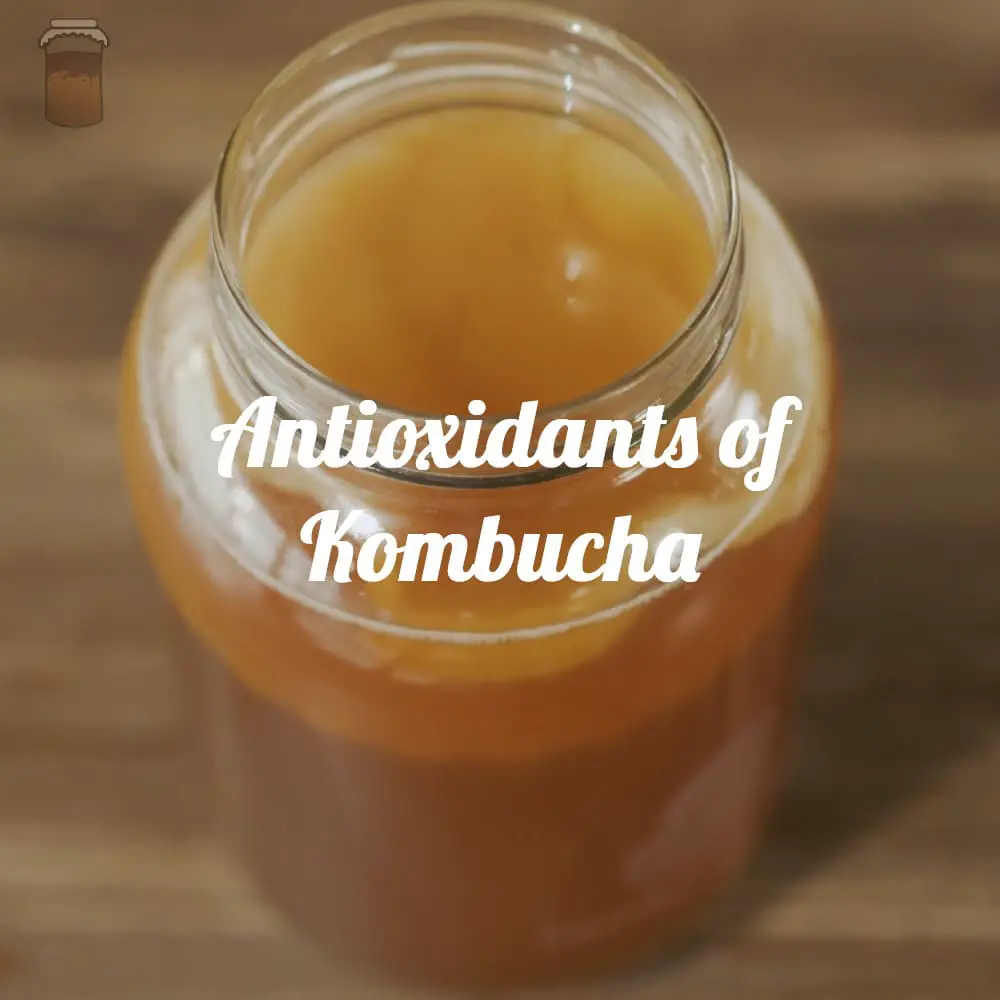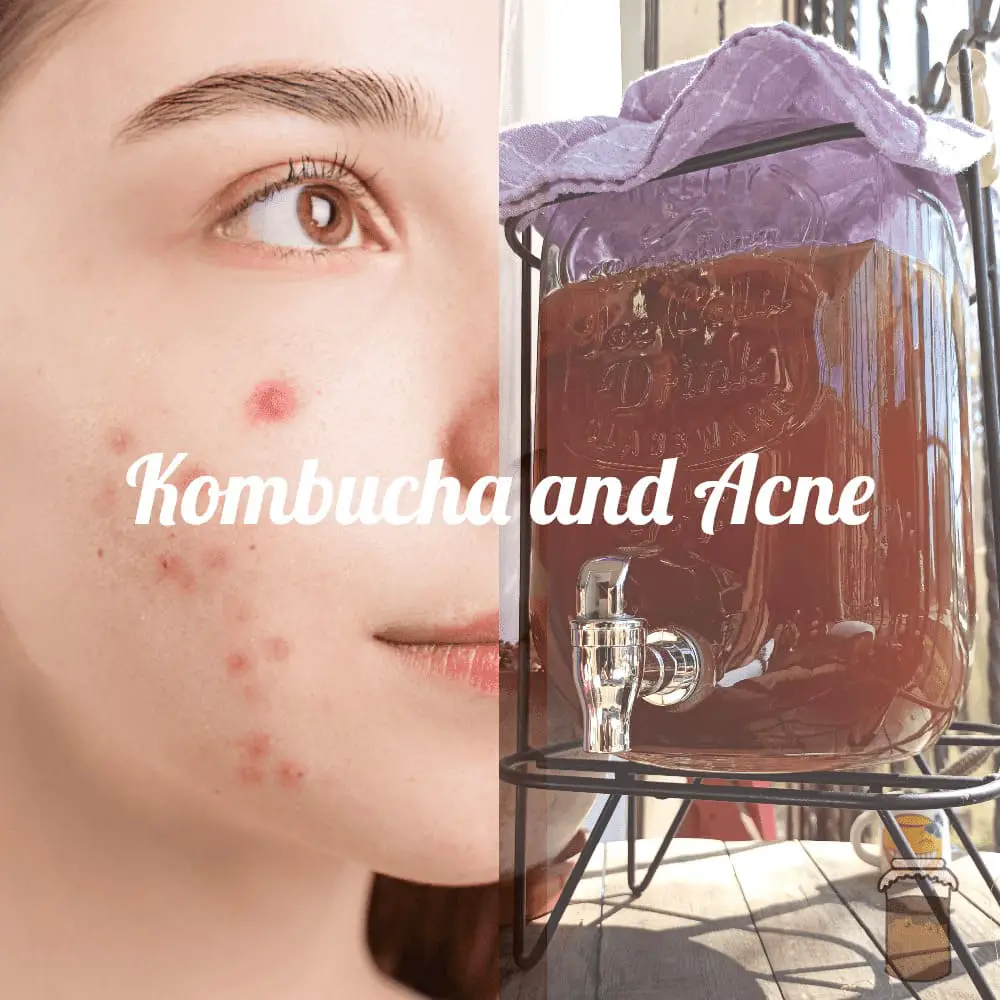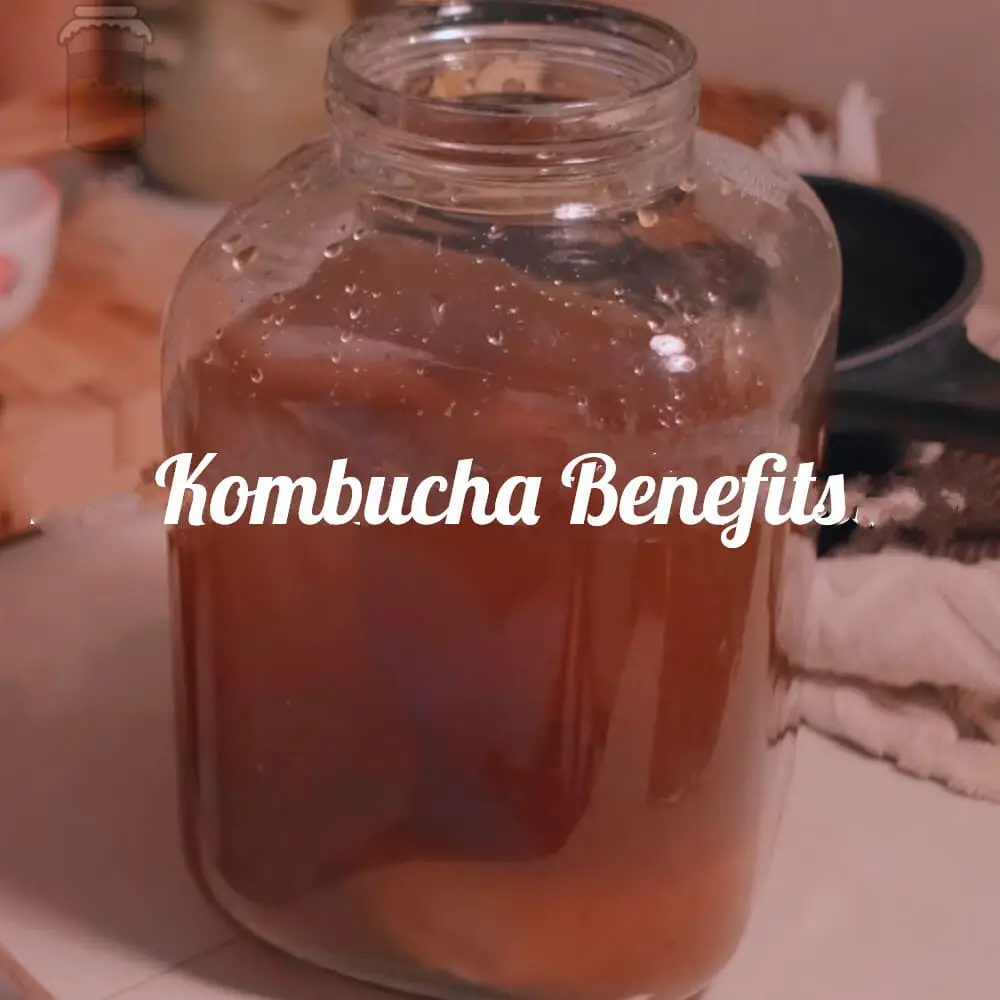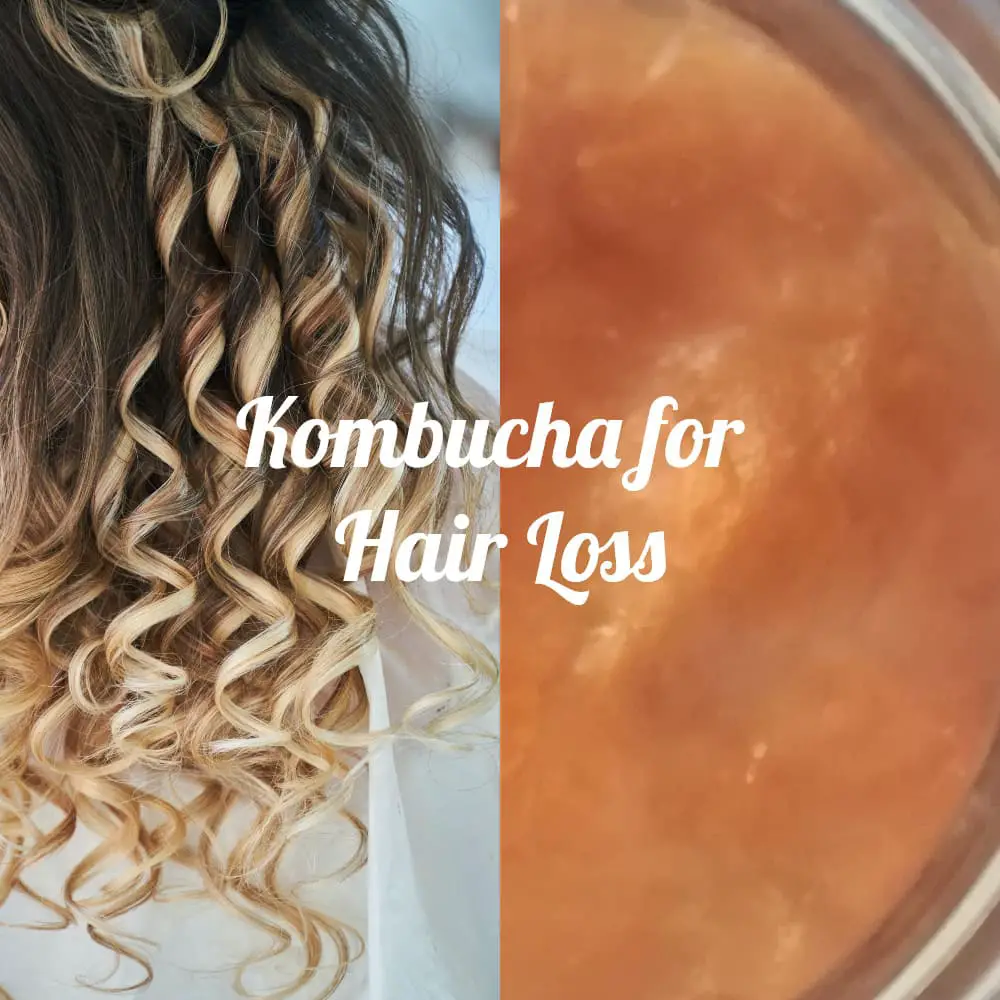
Many properties that kombucha tea may have been rumored, whether curative or harmful, and today, we will talk about what we know in terms of kombucha for hair loss.
There are not many real testimonials where consumers have presented problems with the health of their hair after using kombucha. On the contrary, many have claimed to have noticed more significant growth, resistance, and softness, achieving a better appearance and correcting many imperfections that it presented previously.
Those few harming cases also may have nothing to do with the use of the product, perhaps caused by innate or specific conditions of the individual, which could confuse the actual effects of kombucha.
Contents
Why is kombucha thought to cause hair loss?
It is probably due to some prejudices towards kombucha tea generated by adverse effects after consumption, sometimes due to poor preparation or use of it, as reflected in some reviews of studies. [1]
In addition, many people attribute hair loss to the product during use when the cause may be unrelated to kombucha. [2]
Many of these effects may be due to alcohol, which in high amounts in the product and consumed frequently, generates cytotoxicity effects, as shown in this study with rats with a kombucha of 1.5% alcohol. [1]
For safety reasons, I leave the link where you will find out how much kombucha you should drink daily to avoid side effects.
An imbalance in the absorption of nutrients, mainly protein, can impair the structure of the follicle, resulting in fragile and brittle hair that constantly falls out, but it is not something that kombucha causes; instead, it is the opposite effect. [3]
As long as kombucha is prepared correctly or consumed with the care of those components, such as alcohol percentage in the strongest kombuchas, it will not present effects that harm your health and your hair.
On the contrary, does kombucha help hair growth?
A study in rats has interesting conclusions regarding using kombucha topically since it directly affects the growth and density of rat hair. [3]
This is explained by the organic acids formed in the fermentation of kombucha since acetic, lactic, or malic acid called AHA (Alpha hydroxy acid) are famous products in the beauty industry. [4]
It is suggested that AHAs function as exfoliants that normalize the keratinization process in the hair follicle, which improves the hair strand, strengthening its shaft and preventing it from breaking at the skin level. [4]
Finally, the study concluded that the possible potential of kombucha extracts to be used as a natural alternative therapy for hair loss is recommended, with a cost-effective cost and definitely with fewer side effects than synthetic drugs.
In addition, there are many consumer testimonials about its benefits for hair and personal care as a skin treatment, weight loss, and even a great help for the fight against cancer, although these testimonials lack scientific studies. [5]
How can you use kombucha for your hair?
Following the previous study, you can prepare a mixture with water or as an infusion with other medicinal plants (mint, chamomile, or rose water), creating a hair rinse that should be administered topically.
According to the analysis of the same study, when kombucha was mixed with methylsulfonylmethane, an organic sulfur compound, the best results were obtained to achieve the anagen phase (the one in which hair begins to grow).
As mentioned in the academic literature, hair loss is often associated with nutritional disorders, so kombucha could help solve hair loss. [6] [7]
Therefore, you can only drink kombucha to obtain these benefits, although not as effective as applied directly to the hair. Even so, they are not exclusive but mutually independent; you can use kombucha topically or in intake.
Is kombucha good for maintaining your hair?
Yes, kombucha produces organic acids from bacterial fermentation, which favor metabolic processes that help maintain the scalp and provide vitamins of the B complex, C, minerals, and amino acids that help in these processes.
Also, the contribution of high levels of water-soluble vitamins works as antioxidants that reduce oxidative stress and nourish the dermal papilla, thus stimulating hair growth.
In addition, they may improve blood flow and stimulate angiogenesis in the scalp, increasing the arrival of nutrients to the follicle, which leads to increased hair density, which results in stable, strong, and healthy hair. However, as we mentioned, this was only tested in rodents. [8]
This is all I got about kombucha for hair loss. I invite you to continue learning more about this incredible brew and everything surrounding fermented ones.
References
[2] https://pubmed.ncbi.nlm.nih.gov/12190640/
[3] https://www.researchgate.net/publication/348315210
[4] https://www.fda.gov/cosmetics/cosmetic-ingredients/alpha-hydroxy-acids
[5] https://law.uh.edu/healthlaw/perspectives/2010/leblanc_kombucha.pdf
[6] http://eprints.skums.ac.ir/4853/1/9.pdf
